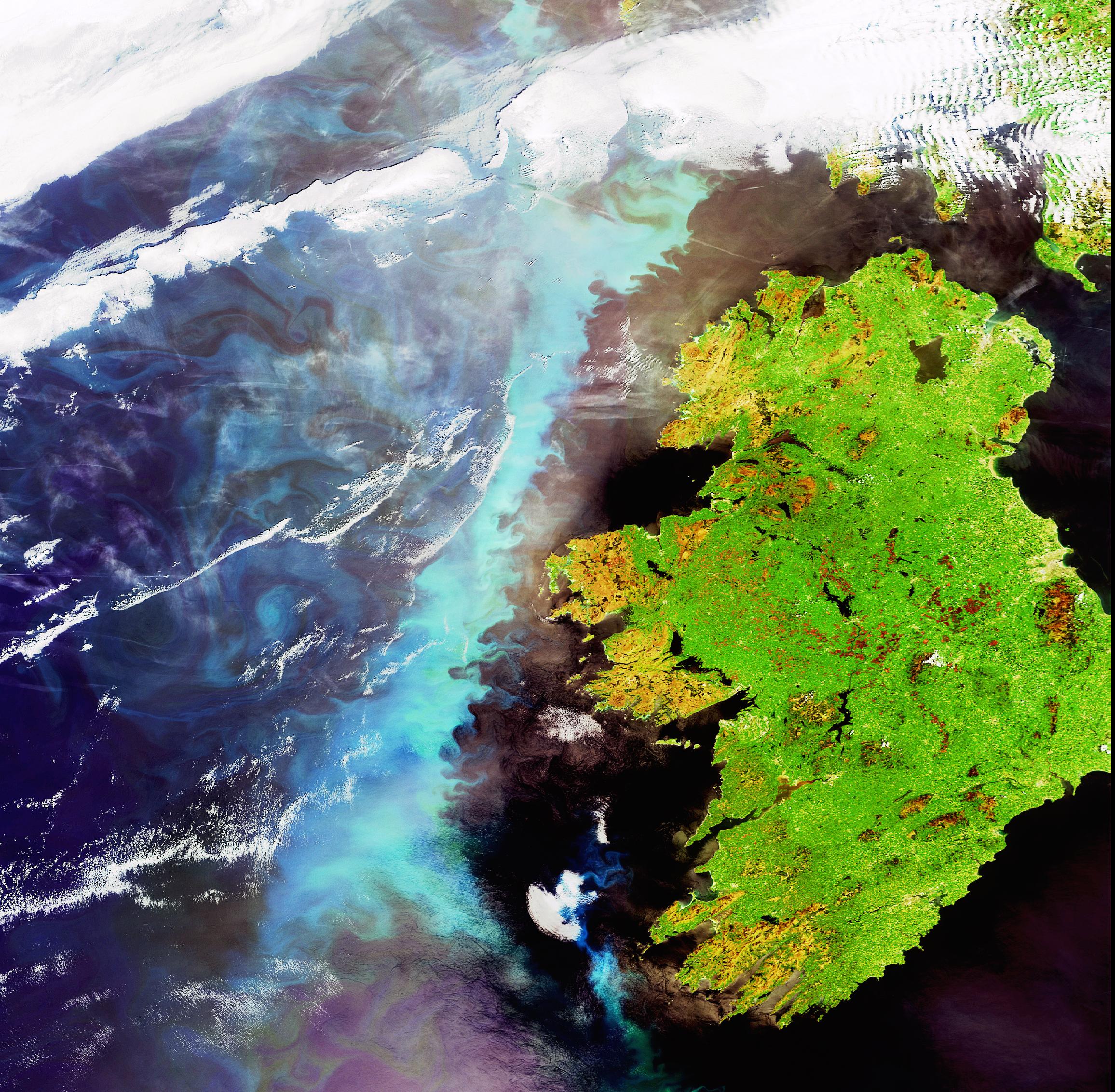PhD opportunity: Unlocking historical aerial image archive for understanding environmental changes, University of Zurich
- @UlsterUniGES

- Mar 22, 2024
- 4 min read
PhD - Unlocking historical aerial image archive for understanding environmental changes
The announced PhD position is part of the new Remote Sensing of Environmental Changes group.
Remote sensing is vital in documenting and monitoring environmental changes worldwide. Analysing remote sensing data is complex, and finding solutions often requires custom-tailored algorithms. For what concerns environmental changes, most problems come with additional challenges, i.e., dealing with the inherent limitations of each sensor and platform and determining how to apply solutions at different scales.
The research group aims to address these challenges and to make an impact in quantifying, understanding, and mitigating environmental changes in the cryosphere, forestry, and geomorphology. To this end, we aim to address fundamental and methodological questions in remote sensing. Yet, several challenges exist, including managing the sheer volume and variety of geospatial data available from open and commercial sensors and across different spatial and temporal resolutions. Furthermore, the imminent launch of new satellite missions will open new research perspectives.
The PhD project intends to exploit the potential of historical aerial images acquired worldwide from the early 1920s until the 2000s. This data is a unique and untapped resource that provides the only evidence of the earth's surface over the last century and can be used to create digital elevation models (DEMs) through photogrammetric processing if sufficient stereo coverage is available.
In recent years, there has been a growing interest in using this data in the context of climate change and rapid human development. However, this data poses several challenges, such as distortion during digitisation, lack of metadata, and poor image quality, which can compromise the quality and success of photogrammetric processing. As a result, new pipelines have been developed to address these challenges and automate data processing.
The project aims to develop solutions to process historical aerial images to generate accurate elevation information. Exciting historical aerial images from the Trimetrogon flights over glacierised areas in Patagonia have been scanned and are available for use in the PhD project. Additional historical images will be purchased to exploit the potential of this data over other glacierised areas in the Chilean Andes and worldwide. Change detection analysis will subsequently be conducted to quantify glacier and proglacial changes in the observed area. This will include analysing DEMs from modern data acquired by very high-resolution airborne and satellite images. Apart from 3D surface reconstruction, historical images are a valuable source of information for detecting changes in land cover using orthorectified images. Further research could involve the development of artificial intelligence and deep learning solutions for image segmentation and quantifying land cover changes over time (e.g., Dahle et al., 2024).
Your responsibilities
Developing and implementing research questions.
Testing new photogrammetric pipelines (e.g., Knuth et al., 2023; Maiwald et al., 2023; Zhang et al., 2021) for processing historical aerial images using commercial and open-source solutions. Sensitivity study with Trimetrogon flights or other available data aiming at improving our understanding of the impact of photogrammetric processing on the DEM quality. Implementation of solutions for correcting image distortion introduced during the scanning processing and storage.
Applying the photogrammetric processing pipeline to reconstruct DEM time series from different datasets. Quantify the accuracy and uncertainty of the generated DEMs to assess the significance of detected changes.
Develop DEM time series methods analysis to extract elevation change information and analyse changes over time, including machine learning approaches.
Image deep learning segmentation for characterising surface landcover and landcover changes.
Presentation of research results at conferences and publishing results in peer-reviewed journals.
Contribution to the teaching of remote sensing courses.
Close collaboration with research partners at the University of Zurich, University of Magallanes, Swiss Federal Institute for Forest, Snow and Landscape Research (WSL), University of Toulouse, and TU Wien.
Your profile
You have completed a M.Sc. degree in photogrammetry, remote sensing, computer vision, physical geography, earth systems science, physics, or related fields. A strong interest and possibly some experience in image processing, photogrammetry, computer vision, and change detection analysis is expected.
Very good skills in processing and analysing geospatial data and advanced programming and computational skills (e.g., Python) are required. Experience and interest in cryosphere processes are welcome. You have very good written and spoken English and are willing to interact with an interdisciplinary science community. Knowing German is an additional asset but not required
What we offer
The team will be built on the values of collaboration, diversity, respect, initiative, and open science. The drivers of the research group are sharing experiences, ideas, and approaches, learning from each other, and returning what we have learned to the group and the community.
We offer a 4-year PhD full position (with internal evaluation after one year). All doctoral candidates will be members of UZH's graduate program and thus benefit from a comprehensive training program and extensive support measures, including the possibility to spend a period abroad. We offer outstanding working conditions, a high quality of life in Zurich, excellent support and a flexible work environment that fosters collaboration and teamwork.
Place of work
The candidate will be based at the Department of Geography, University of Zurich, Winterthurerstrasse 190, 8057 Zurich, Switzerland. The candidate is expected to work primarily in the office with the flexibility to work remotely one day a week.
Start of employment
The employment should start as soon as possible, based on mutual agreement.
The job announcement remains open until the position is filled. We will start reviewing applications on the 22nd of April.
If you are interested in this position and fulfil the requirements, we look forward to receiving your online application consisting of:
Cover letter (what excites you about this position, the work you have done and where you want your career to go) (max two pages)
Names and contact information (email) of 2 referees
CV (max three pages)
List of publications (if any)
Master certificate
Master thesis





Comments